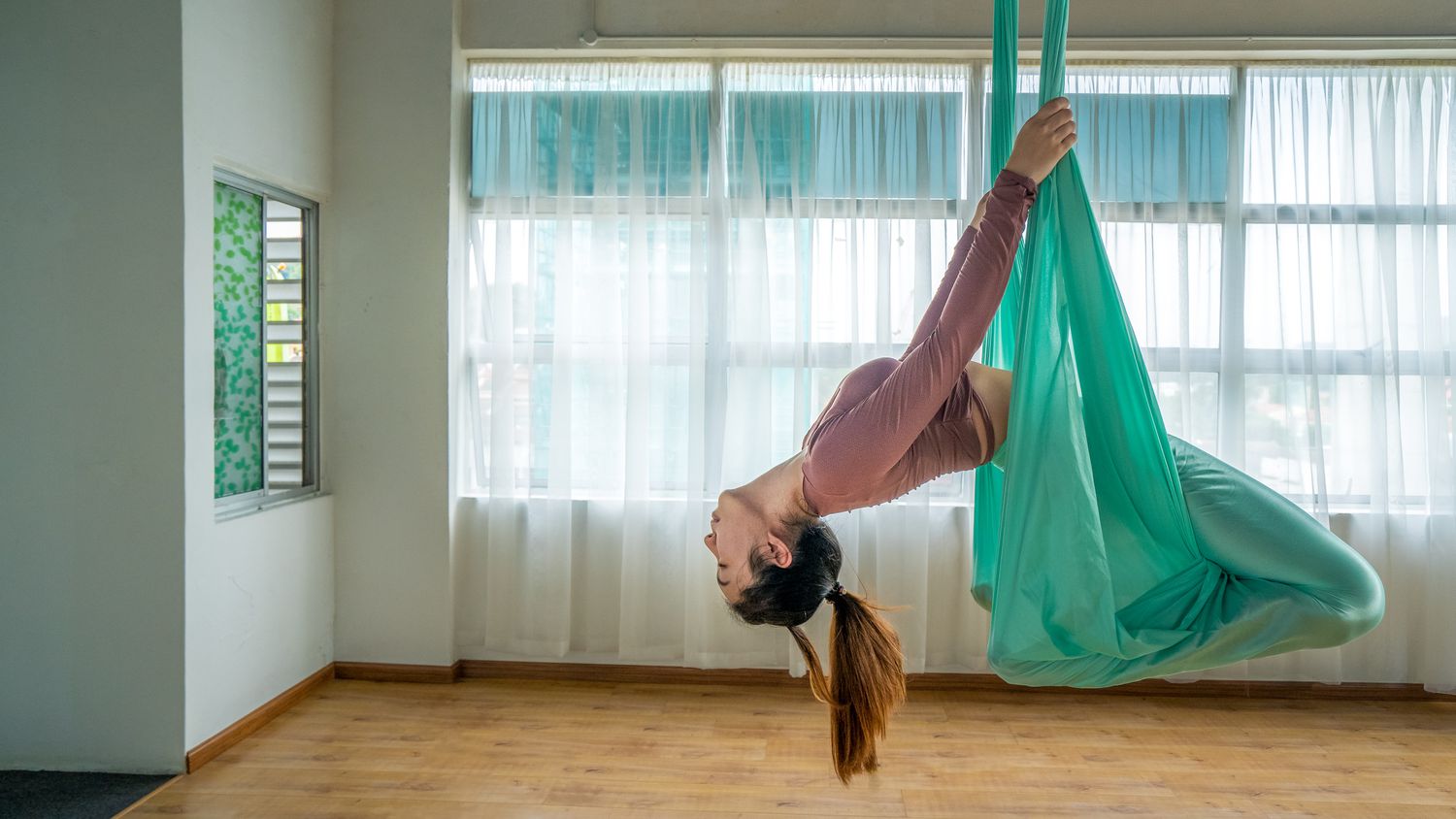I. Introduction

The rising concern of drug use and its negative impacts on individuals and society
Drug abuse is a significant problem worldwide, with millions of people falling victim to substance addiction. The consequences of drug use extend beyond the individual, affecting families, communities, and societies at large. Drug addiction not only leads to physical and mental health issues but also contributes to crime, unemployment, poverty, and strained relationships. As a result, finding effective ways to combat drug use and provide individuals with alternatives to substance abuse is crucial.
The potential of yoga and meditation as alternative practices for combating drug use
Yoga and meditation have gained considerable attention for their therapeutic benefits on physical and mental health. By targeting the mind-body connection, these practices offer individuals a holistic approach to healing and self-improvement. Their potential as alternatives to combat drug addiction lies in their ability to provide individuals with the tools and techniques to regulate emotions, reduce stress, cultivate mindfulness, and enhance overall well-being. This article will explore the various aspects of drug use and its effects, as well as the ways in which yoga and meditation can be utilized as effective alternatives.
II. Understanding Drug Use and Its Effects
The prevalence and consequences of drug use
Drug use is a worldwide issue that affects people of all backgrounds, ages, and socioeconomic statuses. The consequences of drug addiction can be devastating, leading to deteriorating physical health, mental disorders, strained relationships, financial difficulties, and legal problems. Drug abuse is not confined to illicit substances; it also includes the misuse of prescription medications and over-the-counter drugs.
The complex factors contributing to drug addiction
Drug addiction is a multifaceted issue influenced by a combination of genetic, environmental, and psychological factors. Some individuals may have a higher susceptibility to addiction due to a family history of substance abuse. Environmental factors such as peer pressure, exposure to drugs, and socioeconomic status also play a significant role. Psychological factors like stress, trauma, and underlying mental health disorders can contribute to the development of addiction. Understanding these factors is crucial for designing effective prevention and intervention strategies.
III. Yoga as an Alternative to Drug Use
A.The mind-body connection in yoga
- Practicing physical postures (asanas) to regulate emotions and reduce stress
Yoga involves a series of physical postures or asanas that are designed to stretch, strengthen, and balance the body. These postures not only promote physical health but also have a profound impact on mental well-being. By focusing on the breath and bodily sensations, yoga practitioners learn to navigate through challenging postures, cultivating patience, resilience, and emotional regulation. This ability to regulate emotions is crucial for individuals seeking alternatives to substance abuse as emotional dysregulation often serves as a trigger for drug use.
- Breathwork (pranayama) for relaxation and mental clarity
Breathwork, known as pranayama in yoga, involves various breathing techniques that promote relaxation, calmness, and mental clarity. Controlled breathing exercises activate the parasympathetic nervous system, which induces a state of deep relaxation. By practicing pranayama regularly, individuals can reduce stress, anxiety, and cravings associated with drug addiction. Deep breathing exercises also provide a heightened sense of self-awareness and help individuals stay present in the moment, preventing them from succumbing to triggers and temptations.
B. Cultivating mindfulness through yoga

- Observing thoughts and sensations without judgment
Mindfulness refers to the practice of paying attention to the present moment with non-judgmental awareness. Through yoga, individuals learn to observe their thoughts, sensations, and emotions without attaching judgment or attempting to control them. This ability to stay present and non-reactive allows individuals to develop healthier coping mechanisms when faced with stressful situations or triggers for drug use. Mindfulness also promotes self-reflection and introspection, which can help individuals uncover and address the underlying causes of their addiction more effectively.
- Developing self-awareness and emotional regulation
Yoga cultivates self-awareness, enabling individuals to gain a deeper understanding of their physical and emotional states. By tuning into their bodies, individuals can identify early signs of stress, anxiety, or cravings, allowing them to intervene before they escalate. Through consistent practice, individuals develop emotional regulation skills, which are essential for managing the ups and downs of addiction recovery. Instead of turning to drugs to numb or escape difficult emotions, individuals can use yoga as a tool to process and regulate their emotional experiences.
C. Promoting physical and mental well-being through yoga

- Enhancing physical health and vitality
Regular yoga practice provides numerous physical health benefits that can contribute to overall well-being and abstinence from drugs. Yoga improves strength, flexibility, balance, and cardiovascular health. It can also improve sleep quality and boost the immune system, helping individuals recover from the physical toll addiction takes on the body. Engaging in physical activity also releases endorphins, natural chemicals in the brain that promote a sense of well-being, reducing the reliance on drugs for pleasure.
- Boosting mood and emotional resilience
Yoga has a profound impact on mental health, promoting emotional resilience and a positive mood. The combination of physical movement, breathwork, and mindfulness in yoga releases tension and helps individuals let go of negative thoughts and emotions. The release of endorphins during physical activity has a direct positive effect on mood, alleviating symptoms of depression and anxiety. Yoga also promotes a shift in perspective, allowing individuals to approach challenges and setbacks with resilience and a sense of perspective. Building emotional resilience is crucial for individuals in recovery, as it helps them cope with the inevitable ups and downs on their journey.
IV. Meditation as an Alternative to Drug Use
A. Understanding the transformative power of meditation

Meditation is a practice that has been embraced by various cultures for centuries for its transformative qualities. It offers individuals a powerful tool to cultivate inner peace, clarity, and self-awareness. The practice of meditation can provide individuals struggling with drug addiction an alternative path towards healing and self-discovery.
B. Cultivating inner stillness and mental clarity
- Different meditation techniques (e.g., mindfulness, loving-kindness) There are various meditation techniques available, each focusing on different aspects of mindfulness and compassion. Mindfulness meditation involves observing thoughts and sensations without judgment, cultivating present-moment awareness. Loving-kindness meditation focuses on developing compassion and kindness towards oneself and others.
- Developing a regular meditation practice for long-term benefits Consistency is key in reaping the benefits of meditation. Establishing a regular meditation practice allows individuals to train their minds and develop a sense of inner stillness and mental clarity. Starting with even just a few minutes a day and gradually increasing the duration can help create a sustainable habit.
C. Strengthening emotional resilience through meditation
- Managing stress, anxiety, and cravings Meditation offers individuals a powerful tool to manage stress, anxiety, and cravings, which are often triggers of drug use. By observing these thoughts and emotions without judgment, individuals can cultivate a non-reactive and accepting mindset. This can help reduce the urge to turn to drugs as a coping mechanism and develop healthier ways of managing difficult emotions.
- Nurturing self-compassion and self-acceptance Meditation practices, especially loving-kindness meditation, promote self-compassion and self-acceptance. Individuals struggling with drug addiction often harbor feelings of guilt, shame, and self-blame. Through meditation, individuals can cultivate a sense of self-love and compassion, offering a foundation for healing and self-growth.
Conclusion
Meditation offers individuals struggling with drug addiction an alternative approach to healing and self-discovery. By cultivating inner stillness, mental clarity, emotional resilience, and self-compassion, individuals can address the root causes of addiction and develop healthier coping mechanisms. Overcoming challenges and integrating yoga and meditation practices into daily life requires commitment, but the long-term benefits make it a worthwhile journey towards lasting recovery and well-being. Seek professional guidance, nurture a supportive environment, and remain consistent in practice to harness the transformative power of meditation on the path to drug-free living.

